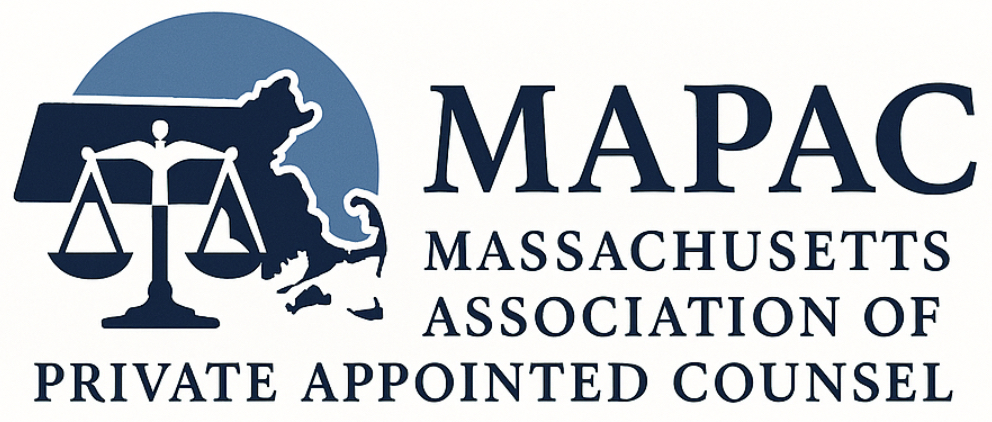Justice You Deserve
Juveniles and Young Adults

By Kevin R. Collins, Esq.
January 2025
For young people and their parents, the criminal justice system presents a daunting array of emotional, financial, and social challenges. From navigating the legal system for the first time, to dealing with financial and social costs, the experience can be overwhelming. This is where an experienced juvenile and young adult defense attorney can make a world of difference. By providing support, understanding, and advocacy for the young person, a criminal defense attorney can help the family move through the process, often the most difficult time of their lives. An experienced attorney is also necessary in light of the many differences between the juvenile and adult criminal justice systems.
The Juvenile Court System
The criminal justice system in the United States, and specifically in Massachusetts, treats juveniles and young people differently than adults. Massachusetts recognizes that children and adolescents have different cognitive, emotional, and social development compared to adults. As such, a separate juvenile justice system exists to address the specific needs of young offenders. This system generally emphasizes rehabilitation over punishment and seeks to assist young people in avoiding a criminal record.
In Massachusetts, it is written into law that juveniles are to be treated as “children in need of aid, encouragement, and guidance,” rather than as criminals. In fact, proceedings against juveniles are not even considered criminal proceedings. Mass. Gen. Laws ch. 119, § 53.

Because there is a separate justice system for juveniles and young persons, there is a separate set of rules and regulations which apply.
Juvenile Records
In Massachusetts, juvenile records have more protection than adult records. While these records are always available to the courts, police, or other staff within the criminal justice system, juvenile court files are not available to the public, except in very rare circumstances. If an employer, for example, were to inquire about a person’s criminal record, they would not be informed of any activity prior to the person becoming an adult.
Exceptions to Confidentiality
There are some circumstances when a juvenile’s record is available to the public. These circumstances require that the child:
- Is alleged to have committed an offense between their fourteenth and eighteenth birthdays,
- Has previously been adjudicated delinquent on at least two occasions for acts which would have been punishable by imprisonment in the state prison if the child had been age 18 or older, and
- Are charged with an act that would be punishable by imprisonment in state prison if the child were age 18 or older. Mass. Gen. Laws ch. 119, § 60.
If these requirements are met, the court may release to the public the nature of the offense, the age of the juvenile, and the number of offenses committed.

Juvenile Record Sealing
Under Mass. Gen. Laws ch. 276, § 100B, any person with a juvenile record may submit a notarized request to have that record sealed. Juvenile Court cases can be sealed if:
- The case has been closed for a minimum of 3 years,
- During the previous 3 years, the party did not have any subsequent juvenile adjudications, delinquency cases, or convictions with fines that do not exceed $50, and
- The party has not been in prison, jail, or juvenile custody within the past 3 years in or out of Massachusetts or Federal Court.
As mentioned above, sealing provides some confidentiality, but law enforcement, judges, and court staff will still be able to access sealed juvenile records.
Juvenile and Young Adult Diversion Programs
For any person, but especially a young person, a criminal record can significantly hinder their future opportunities in education, employment, and housing, potentially impacting their entire life trajectory, even for minor offenses committed as a youth. As such, the court system and the District Attorney’s Offices have recognized that it is important to give young people a chance at rehabilitation before they are burdened with a criminal record for the remainder of their adult lives.
In Massachusetts, District Attorney’s Offices commonly offer a juvenile and/or young adult diversion program to enable eligible participants to avoid formal prosecution. In lieu of traditional prosecution, these programs divert participants into counseling, community service, and education programs. Many of these diversion programs enable eligible participants to complete the program prior to arraignment which keeps their records blemish-free.
Participation in these diversion programs is voluntary and requires the young person to accept responsibility and often sign a contract outlining their conditions. If participants do not satisfy the requirements of their diversion, they can be brought back to criminal court, formally arraigned, and prosecuted in the traditional manner.

Massachusetts Juvenile and Young Adult Diversion programs have requirements for who may participate. Participants must be:
- A juvenile under the age of 18, or any young adult up to age 26,
- Willing to accept responsibility for his or her actions,
- Willing to participate and engage in diversion programming, and
- Free of significant prior criminal involvement.
Not all types of cases are eligible for diversion. Cases with minimum mandatory sentences, cases involving motor vehicles, firearms, sexual assault, and domestic violence cases are typically excluded from diversion.
Cases typically eligible for diversion include:
- Most misdemeanors
- Felonies which could be prosecuted in District Court
- Cases involving victims, if the victim agrees

The Juvenile and Young Adult Diversion programs offer young people a second chance, the ability to prove themselves, and the ability for families to learn, grow, and move past a difficult time in their lives. These programs are an invaluable aspect of the criminal justice system. It is critically important than an attorney working with juveniles or young people understand the prerequisites of these programs and how they can help their clients successfully navigate the system.
If you, or someone close to you, requires the assistance of a juvenile or young adult criminal defense attorney, please contact The Law Office of Kevin R. Collins today. Attorney Kevin R. Collins has represented hundreds of juveniles and young adults. Attorney Collins is intimately familiar with both justice systems in Massachusetts, and he is more than happy to have a free consultation with you.













